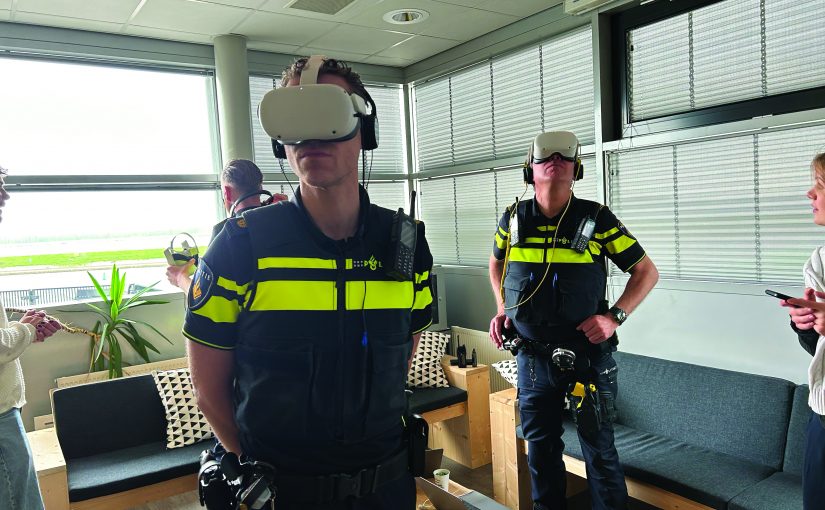
The reality and perception of biased policing is a significant issue facing law enforcement leaders, not only in the United States but in many countries around the world. Policing based on stereotypes and biases can make police ineffective, unsafe, and unjust. Perceptions of biased policing can have a huge negative impact on the relationship between police agencies and the diverse communities that they serve. For instance, in the summer of this year, France experienced violent riots linked to perceptions that the police act in a biased manner when interacting with marginalized communities.
The modern science of bias indicates that the executives of even the best agencies have to provide leadership on this issue, and providing implicit bias training (IBT) is one important aspect of an agency’s comprehensive efforts to produce impartial policing and prevent the perceptions of bias. The provision of this training in law enforcement is a relatively new development based on a revolution in the research on bias and prejudice that disabused experts of the notion that all bias is conscious and all discriminatory behavior is intentional. Social psychologists discovered that even well-intentioned individuals who reject prejudice and stereotypes at the conscious level have implicit biases that can affect their perceptions and behavior, sometimes outside of conscious awareness. The purpose of IBT is to educate the participants about the modern science of bias, highlight how human bias might affect their own behaviors, and give them the motivation and skills they need to produce impartial behavior.
IBT has been adopted around the world, not only in law enforcement, but also in a number of other fields (e.g., education, medicine). The evaluation research shows that IBT can be effective. In general, experimental evaluations show that people who are randomly assigned to receive IBT, compared to their control group colleagues, demonstrate the following qualities:


